Japan has issued a warning to its citizens living in or visiting China to increase vigilance and avoid crowded places, as tensions between the two nations have sharply escalated in a dispute rooted in remarks by Japanese Prime Minister Sanae Takaichi on Taiwan.
The safety advisory, released by Japan’s embassy in China, comes amid what officials describe as one of the most serious diplomatic flare-ups in years. The warning urges Japanese nationals to be aware of their surroundings, avoid travelling alone, especially with children, and to distance themselves from individuals or groups that seem “even slightly suspicious.”
The move to alert citizens follows deteriorating relations after PM Takaichi told Japanese lawmakers that a Chinese attack on Taiwan—which she said could threaten Japan’s survival—might trigger a military response. Her remarks sparked a furious reaction from Beijing, including harsh commentary in Chinese state media and provocative social-media posts by Chinese diplomats.
In a bid to defuse the situation, Japan dispatched a senior foreign ministry official to Beijing on Tuesday. The envoy is expected to meet with Chinese counterparts to try and cool the diplomatic fire.
Diplomatic friction dragging down other connections
As the diplomatic rift widens, the blowback is growing harder to ignore.
China has reportedly advised its citizens to avoid travelling to Japan—a potentially severe blow to Tokyo’s economy, given that Chinese visitors account for nearly a quarter of all tourists in Japan. Indeed, tourism-related stocks in Japan have tumbled.
Cultural ties are also fraying.
At least two Japanese films—including the animated Crayon Shin-chan the Movie: Super Hot! Scorching Kasukabe Dancers and Cells at Work!—have had their planned release in mainland China suspended. Chinese state broadcaster CCTV described the postponement as a “prudent decision,” citing souring audience sentiment.
Quick Reads
View AllBeyond films and travel, the broader geopolitical stakes cut deep.
Taiwan remains at the heart of the confrontation. Beijing maintains its claim over the island and has not ruled out military force to assert its sovereignty. Takaichi’s comments have reignited fears of a regional security crisis, especially because Taiwan lies just over 110 km from Japanese territory, and the nearby maritime routes are vital for trade.
Adding to the tension, Chinese coast guard vessels recently sailed near disputed East China Sea islands, which Japan also claims. While the United States does not formally recognise Japanese sovereignty over those islands—known in Tokyo as the Senkaku Islands—US officials have renewed their commitment to defend Japan under the bilateral security treaty.
Anxiety is creeping through Japan’s business ranks too since the country remains heavily dependent on China for critical minerals and supply chains.
“If we rely too heavily on a country that resorts to economic coercion the moment something displeases it, that creates risks not only for supply chains but also for tourism," Japan’s economic security minister Kimi Onoda told a press conference on Tuesday, warning that overdependence on China poses both economic and strategic risks.
Meanwhile, leaders of Japan’s major business federations have called for de-escalation through diplomatic dialogue.
(With inputs from agencies)


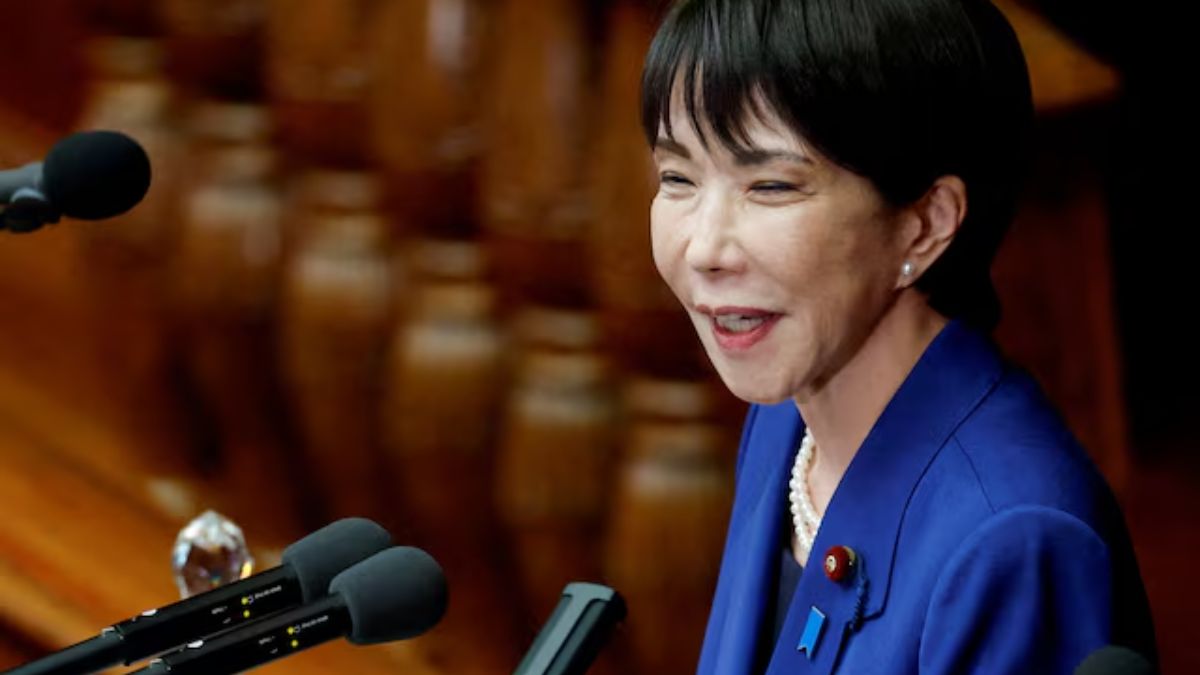)
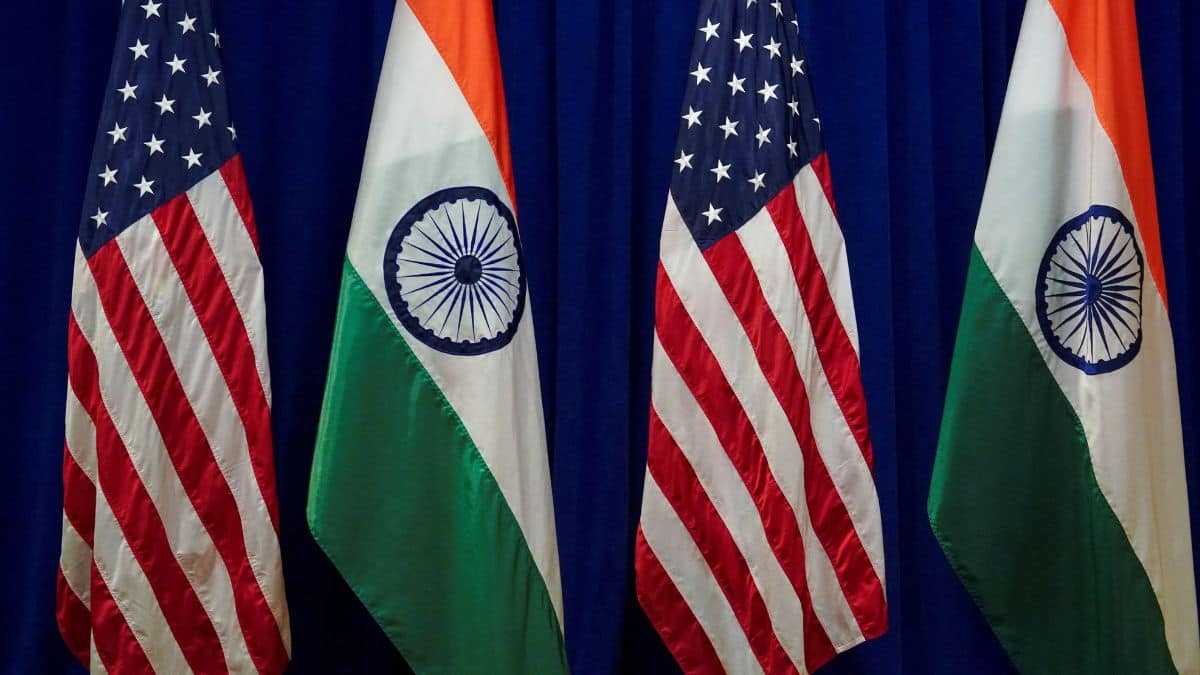
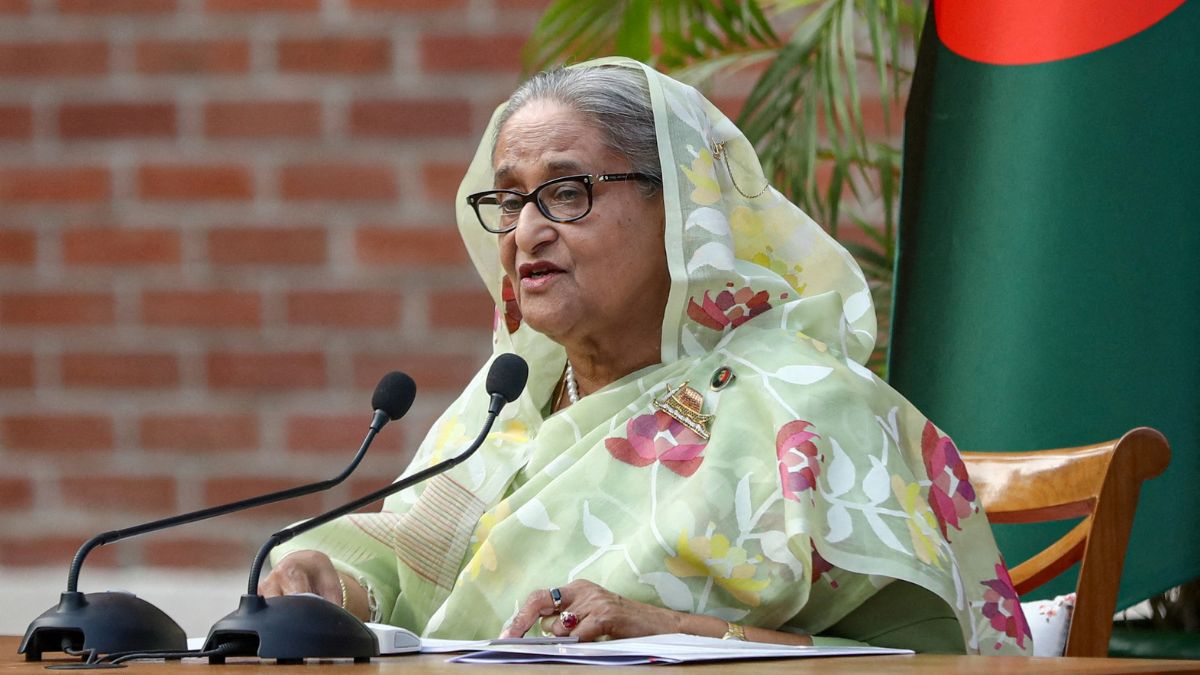)
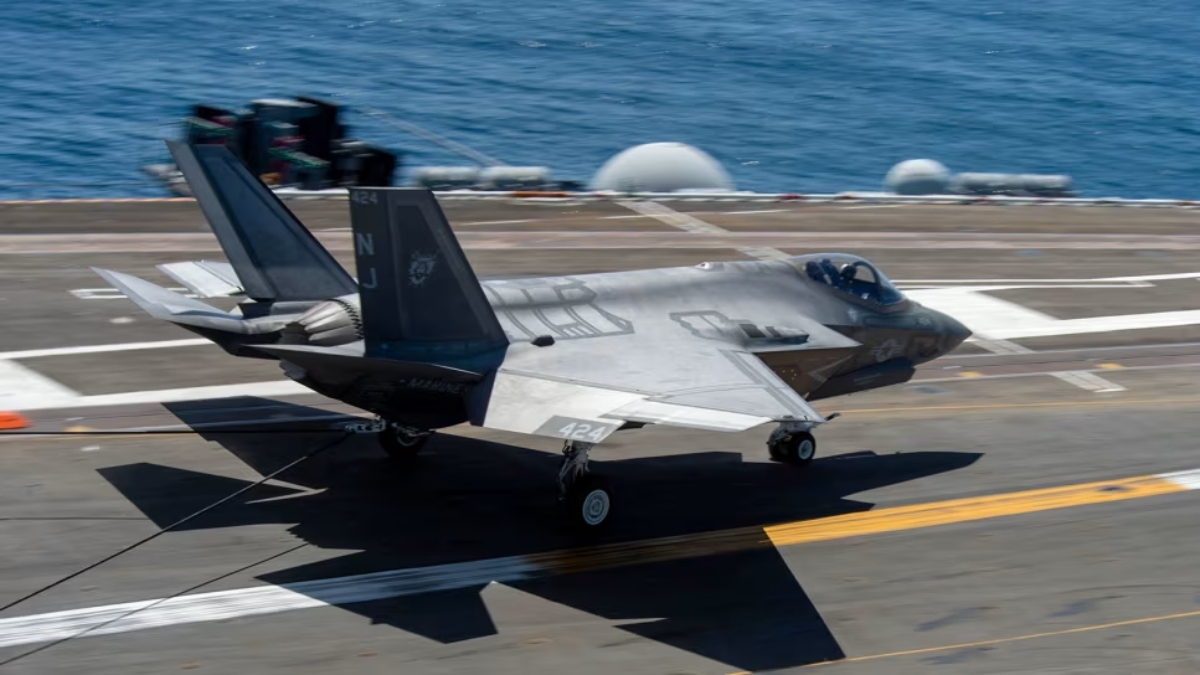)
)
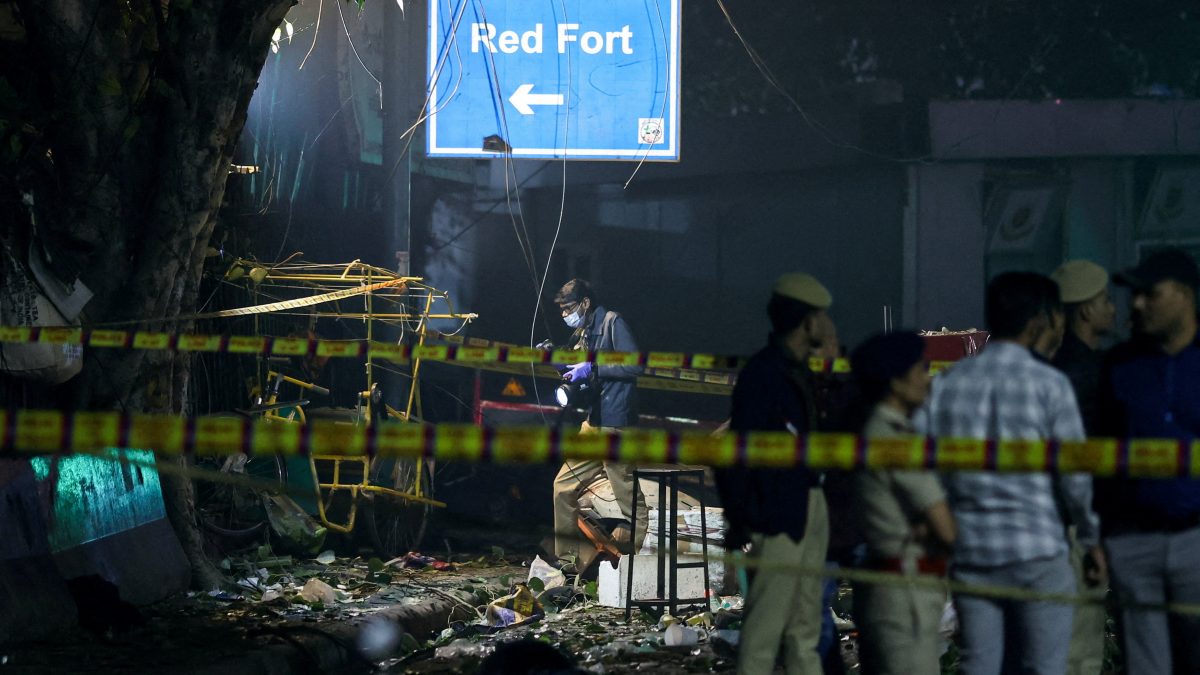)
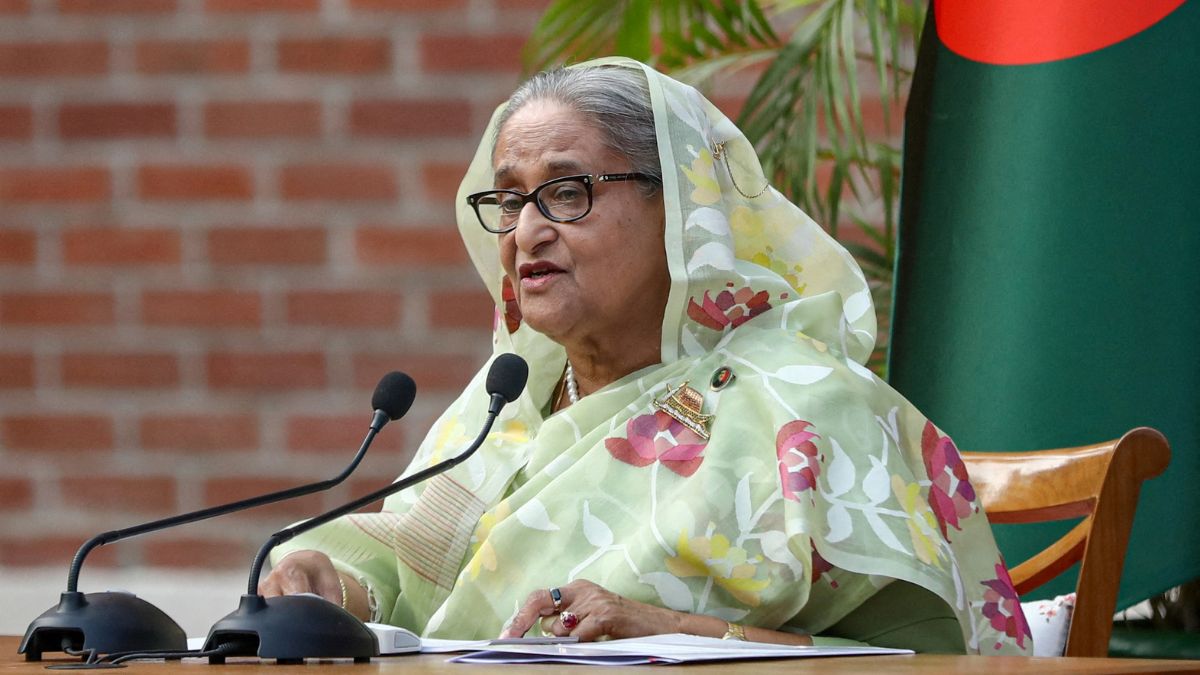)
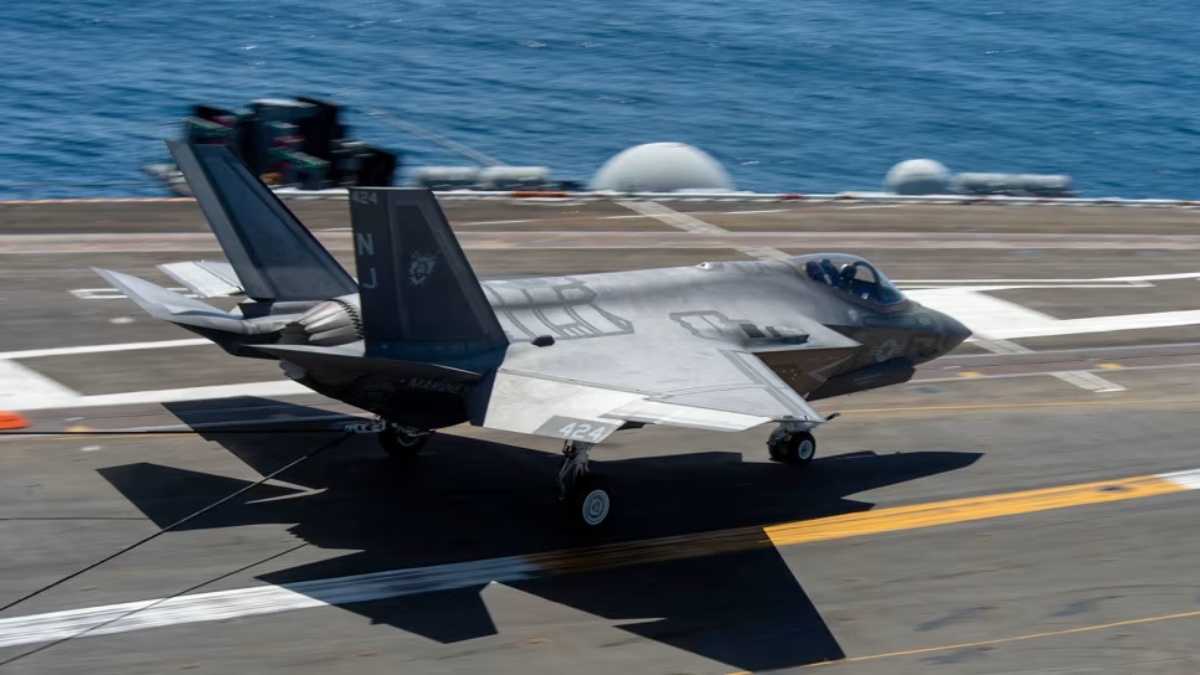)
)
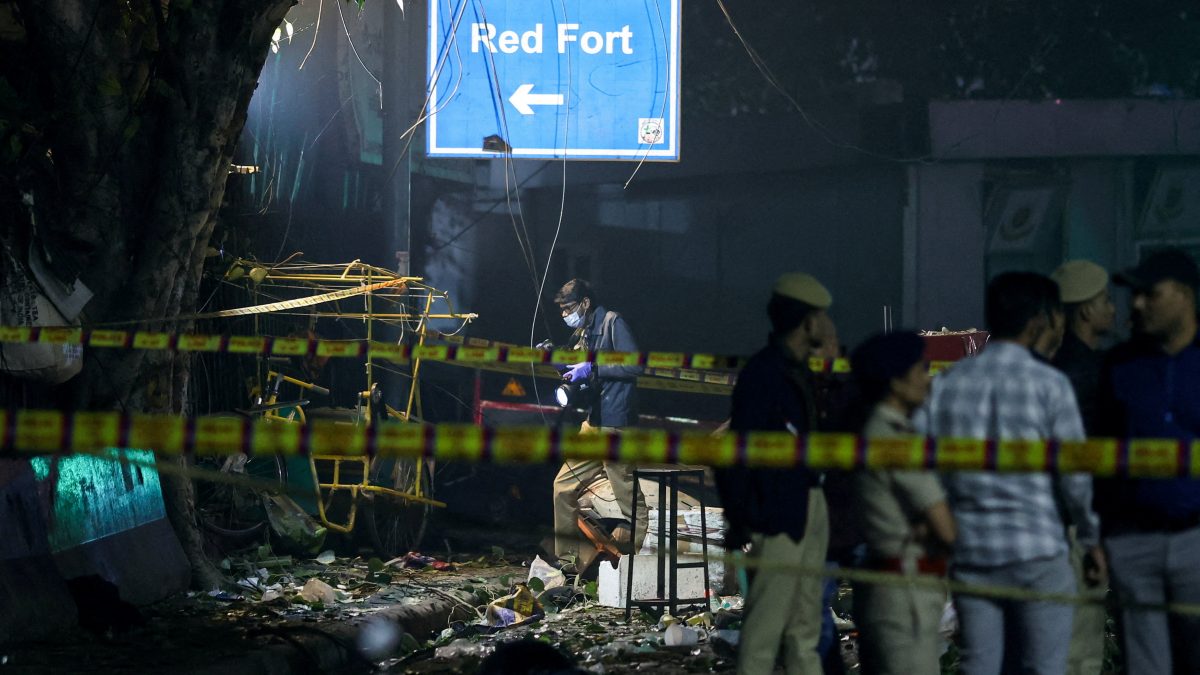)



